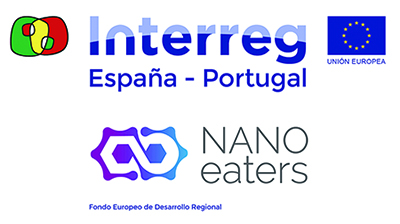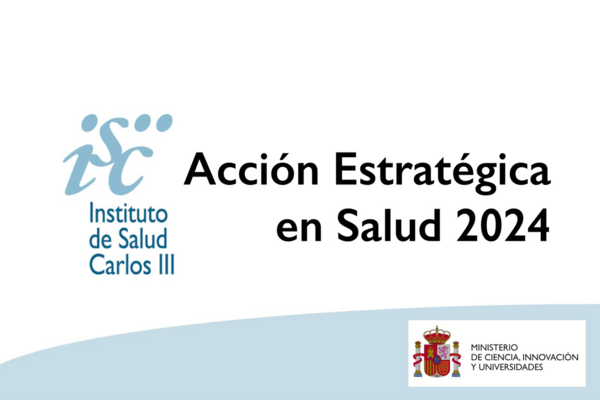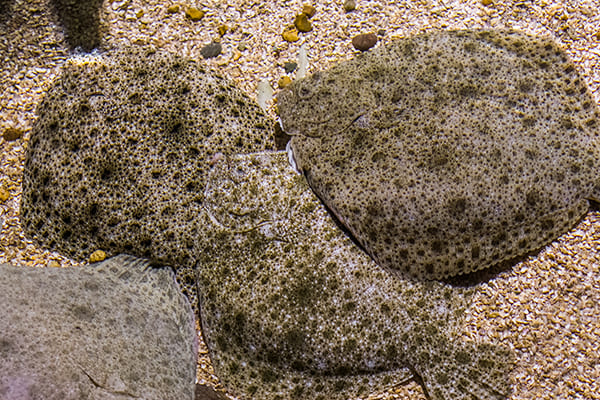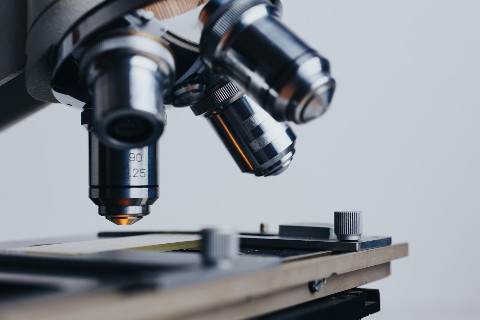
Reference: 0181_NANOEATERS_1_E
Funding Entity: EP -INTERREG V A España Portugal (POCTEP) 2014-2020
Principal Investigator: Dr. África González-Fernández
Duration: 01/04/2017 – 30/09/2021
Working group:
Dr. Jezabel Varadé López
Dr. Iria Gómez Touriño
Summary:
NANOeaters is a network of Research Centers born with the aim of supporting Euroregional “early adopters” companies, in the application of value added nanotechnological solutions, for the definition of new products and / or services, susceptible of commercial exploitation, that offer effective responses to the weaknesses detected in the Research and Innovation Strategies for Smart Specialization of the Euroregion Galicia – North of Portugal.
Led in Galicia by the Galician Innovation Agency (Gain), Companies, Universities (Vigo and Santiago de Compostela), Technology Centers (Gradiant, AIMEN and CTAG) and the Galicia Sur Biomedical Foundation will work together with the International Laboratory of Nanotechnology in Braga (INL) in the definition of new nano-based commercially available products and /or services.
The Immunology group’s goal in the project is, in collaboration with the INL, the design, prototyping and evaluation of a biosensor for the early detection of peritoneal fibrosis induced by dialysis in patients with chronical renal failure.
Chronic renal failure currently affects 10% of the world population, presenting a greater incidence in adults over 60 years. In developing countries, the treatment of this deficiency is difficult because of the cost and difficulty of the diagnosis. A method of early diagnosis of fibrosis would allow to take the therapeutic measures necessary to avoid fibrosis. The main aims of the project include:
- Identification of early biomarkers of peritoneal fibrosis in peritoneal dialysis
- Development of a multiplex device allowing the detection of early biomarkers related with the risk of developing peritoneal fibrosis in patients undergoing peritoneal dialysis.
Associated research lines: Biosensing, Nanomedicine.






